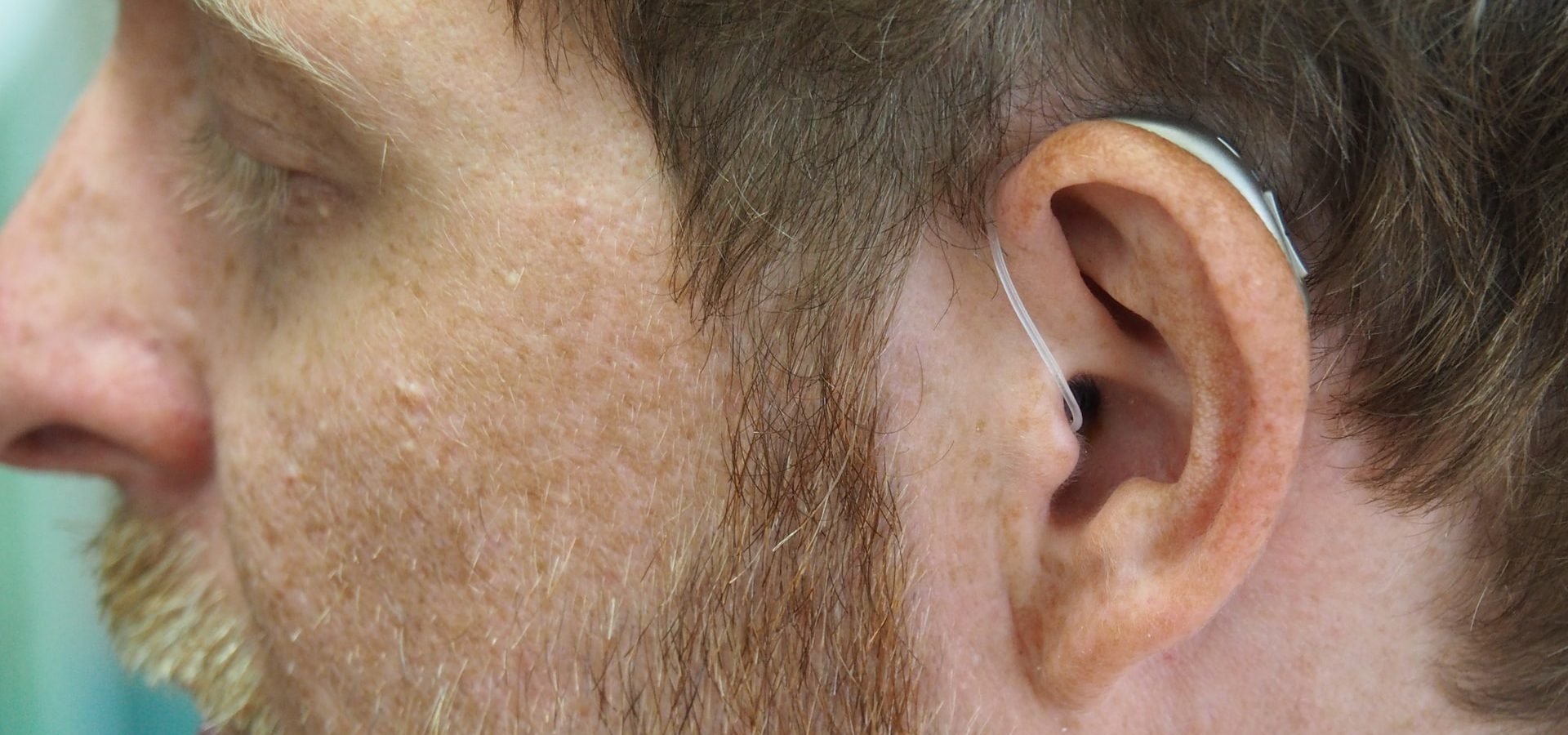Menu

Hearing aids are essential devices that should be regularly maintained and replaced to best serve the users. If you use hearing aids, you must understand the best times to purchase new ones.
In addition to obvious irreversible issues determined by your audiologist or hearing specialist, there are other reasons to consider buying a new pair. They are the following:
Boost in Financial Situation
If you can afford hearing aids that are more advanced in model and function, why not get them? It is no secret that modern devices are more capable of fulfilling your daily needs, including hearing aids. You can always opt to purchase new ones while keeping your old pair as an extra since you may need the new devices repaired now and then.
Change in Attitude toward Hearing Aids
Most people take up to ten years to get used to their hearing aids after the first diagnosis. It may also take an additional while to understand what hearing at your best means. This is why those who get to know their specific needs and become more comfortable with the devices desire to upgrade their hearing aids.
If you are not sure whether to purchase new ones, make sure to consult with a qualified hearing care provider or look for a consumer-reviewed hearing clinic.
Change in Health and Hearing
Much like eyewear prescriptions, hearing needs change over time. It is possible that your current hearing aids do not adequately serve you anymore. This may be the case if you have a severe-to-profound hearing loss and still use the standard hearing devices. Consider changing to “power hearing aids” to help you better.
Additionally, a change in your overall health may be a good enough reason to replace your current hearing aids. Arthritis, for example, may result in reduced dexterity in your fingers. If this is the case and you use in-ear hearing devices, their small batteries can be challenging to open, given the state of your fingers. We recommend that you upgrade to behind-the-ear ones that come with rechargeable batteries.
Major Lifestyle Change
Any significant change to your lifestyle is a great reason to upgrade your hearing aids since outdated devices may not meet your needs as accurately and efficiently as before.
For example, if you get a new phone and watch videos regularly, you may want to change to hearing aids that connect sound from your phone. Feel free to try out basic yet modern models first to determine the one that best suits your hearing needs
Old Hearing Aids
Typically, hearing aids last from three to seven years, but we recommend replacing them once they reach five years.
Many ask why these devices do not last long, but it is only natural since they go through wear and tear from everyday usage. No matter how rigidly you clean or take care of your hearing aids, they will still deteriorate because of the damage brought about by constant exposure to dirt and moisture.
Older models also tend to function less efficiently. Hearing aids in today’s market are comparable to tiny computers with algorithms that consistently enhance your hearing experience. Based on the hearing devices, they may:
- Amplify or detect the sound of a speaker in front of you
- Be programmable through a smartphone application
- Connect to other devices through Bluetooth
- Detect and minimize background noise
Conclusion
Hearing aids in excellent condition can best serve the needs of their respective users. If you or a loved one uses these devices, do not hesitate to upgrade to new ones. Always remember to get the assistance of compassionate hearing professionals in doing so.
If you require top-quality hearing aids in Abbotsford, check out Fraser Valley Beltone. We take an approach to hearing care that no other company can match, which is based on connecting with you as a person. Book an appointment with us today!
Share Post
Facebook
Twitter
LinkedIn
Email
Reddit
Pinterest
